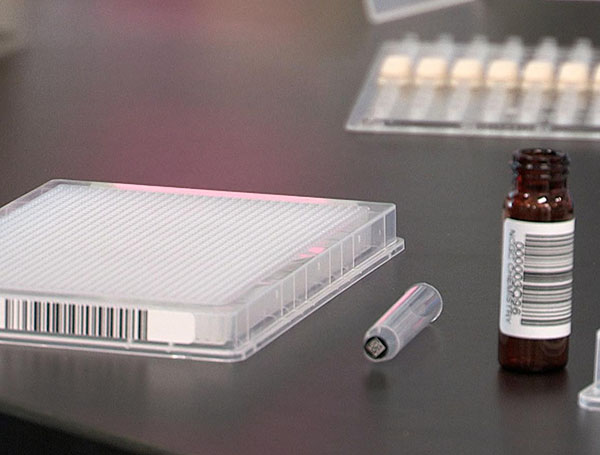Scientists reveal a potential new approach to treating liver cancer
Results in cell and mouse studies may have implications for the development of a new class of anticancer drugs
Scientists at the National Institutes of Health and Massachusetts General Hospital in Boston have uncovered a potential new approach against liver cancer that could lead to the development of a new class of anticancer drugs. In a series of experiments in cells and mice, researchers found that an enzyme produced in liver cancer cells could convert a group of compounds into anticancer drugs, killing cells and reducing disease in animals.
The researchers suggest that this enzyme could become a potential target for the development of new drugs against liver cancers, and perhaps other cancers and diseases as well.
“We found a molecule that kills cells in a rare liver cancer in a unique way,” said translational scientist Matthew Hall, Ph.D., one of the leaders of the work at NIH’s National Center for Advancing Translational Sciences (NCATS). “It emerged from a screening to find molecules that selectively kill human liver cancer cells. It took a lot of work to figure out that the molecule is converted by an enzyme in these liver cancer cells, creating a toxic, anticancer drug.”

NCATS scientists used the Center’s drug screening capabilities, including drug screening plates like those shown here, to identify a molecule that was effective in killing liver cancer cells. Researchers determined that a specific enzyme was key to turning the molecule into a potential anticancer drug.
This page was last updated on Monday, March 13, 2023